In an unfortunate turn of events, China and its gamers lost all access to Blizzard games such as Overwatch, World of Warcraft, and Diablo 3 in January this year due to the tumultuous relationship between Activision and its Chinese partner, NetEase, ultimately coming to a rocky standstill. But it seems that what ultimately cost the two gaming giants their amicable partnership came down to a simple misunderstanding.
In January, over three million Chinese players lost all access to the entirety of Activision’s game library when the partnership between them and NetEase, a Chinese gaming company, ended. NetEase employees were so livid about the way things ended that they livestreamed the dismantling of a 32-foot World of Warcraft sculpture that rested outside NetEase headquarters in Hangzhou, China.
This unfortunate split came about after years of a shaky relationship between the two gaming giants—a relationship that was worth around $750 million in annual revenue according to the video game research firm Niko Partner as well as company filings. This potentially fruitful relationship came to a crash due to what seems to be translation errors over a business video call.
According to a report from The New York Times on March 29, the executives at NetEase and Blizzard joined a Zoom video conference to talk about the future of their longstanding, 14-year partnership to offer Activision games in China, and to also propose a change to the licensing deal between the two companies.
NetEase planned to license Activision games directly as opposed to a joint-venture third party, which was the case previously since it would more easily adhere to China’s game regulations which were getting stricter by the moment. That being said, Activision was having second thoughts on whether it wanted to give NetEase even more control over its game properties than it already possessed.
On the negotiation call, which was held with the help of translators on both sides, NetEase CEO William Ding reportedly said his company could make sure the Chinese government will either approve or block Microsoft’s proposed acquisition of Activision Blizzard, depending on how the new licensing negotiations went.
The two companies left the call with drastically different interpretations of what had been said, according to a group of four people that were familiar with the talks. While the NetEase executives viewed their statements as a conciliatory gesture moving forwards, Activision executives perceived them as a threat which basically forced them to give the Chinese gaming giant what they wanted, failing which the Microsoft deal would be off.
NetEase executives further clarified that they meant to show no hostility and were simply pointing out the fact that without a new licensing agreement that gave more control to NetEase, Microsoft would have to deal with strict Chinese regulations itself after it takes full control over Activision.
NetEase’s spokesman, Mr. Voica, denied allegations that Ding had threatened Activision. He continued, saying that Activision was actually the one that was continuing to “harass and taunt companies and regulators worldwide.”
Once the Zoom call ended, Activision proposed a counteroffer, saying that it would switch to a licensing agreement if NetEase paid it about $500 million upfront, rather than in payments throughout the course of the deal. In response to the counteroffer, NetEase said in a statement that Activison’s terms were “commercially illogical,” and all the pieces were in place for the contract to expire in January.
Activision then made a last-ditch effort by proposing an extension to its partnership for six months so that gamers could keep playing its games in China while it searched for a new long-term partner. NetEase declined this new offer, however, and in a statement compared it to “staying together while being divorced.”
When Activision’s games ultimately went offline in China, it made a statement saying that it is committed to its playerbase in China and that it would look for alternate ways to run its games in the country.
The gaming giant said that it is in talks with other Chinese companies to distribute its games, and Activision has shown interest in teaming up with telecommunications companies such as China Mobile. The9 has also popped up in rumors as the replacement distributor for Activision in China, the company that published World of Warcraft in the country before Activision shifted to NetEase.


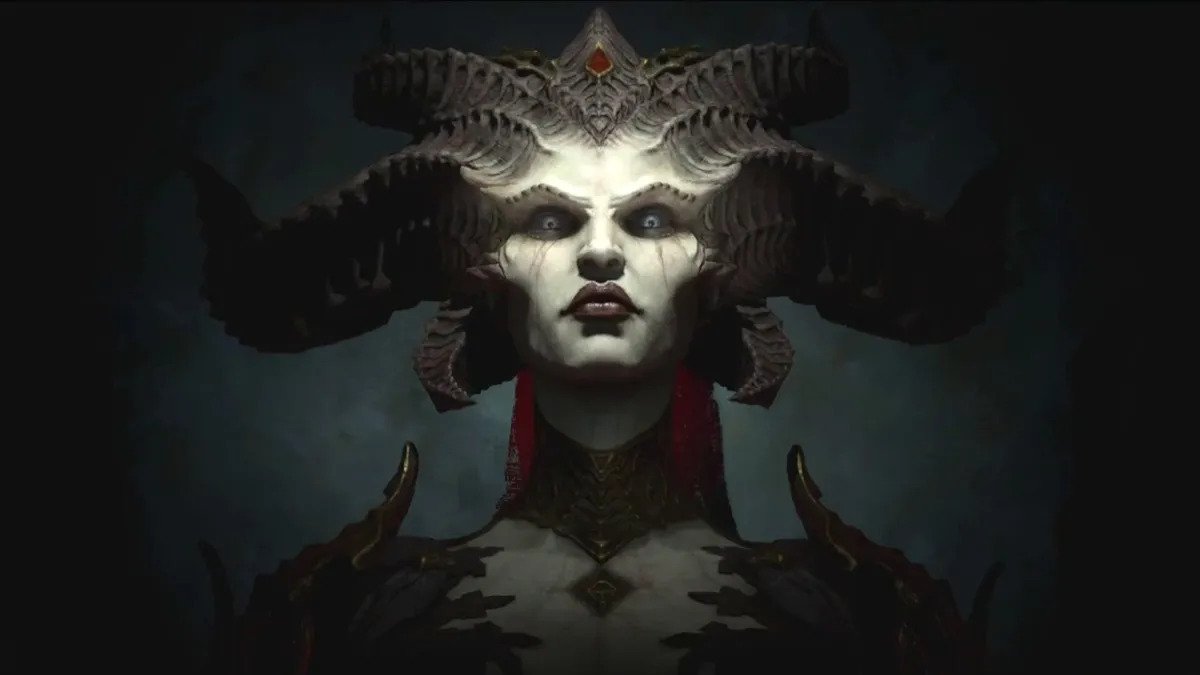
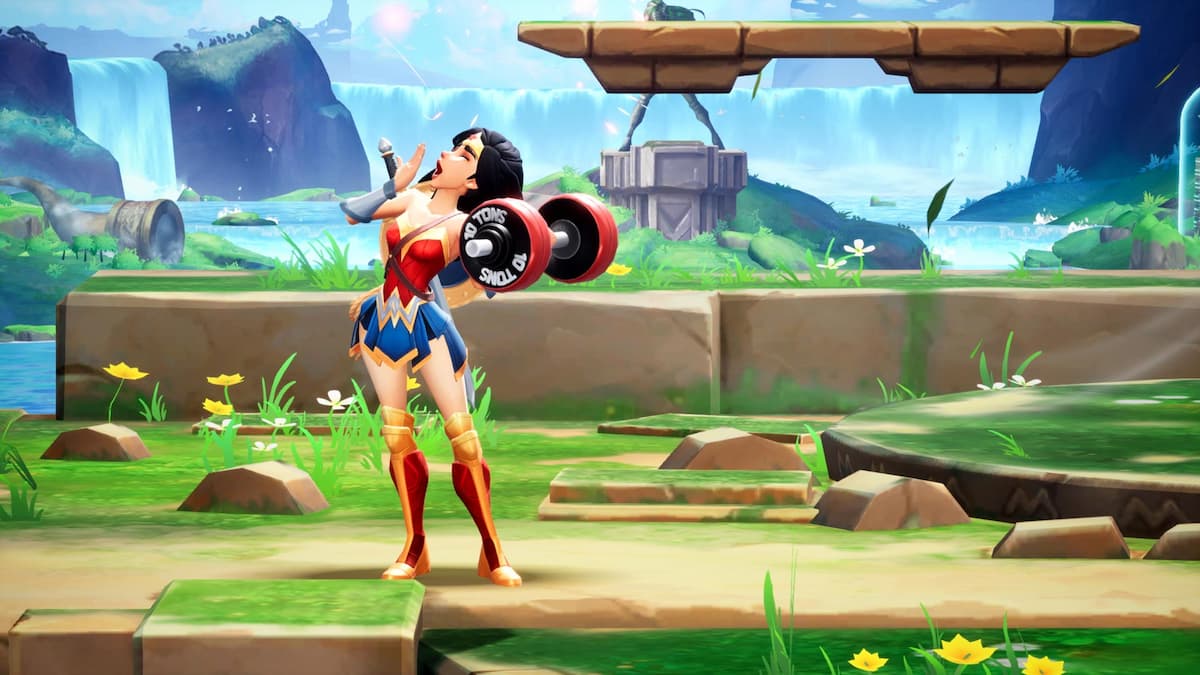

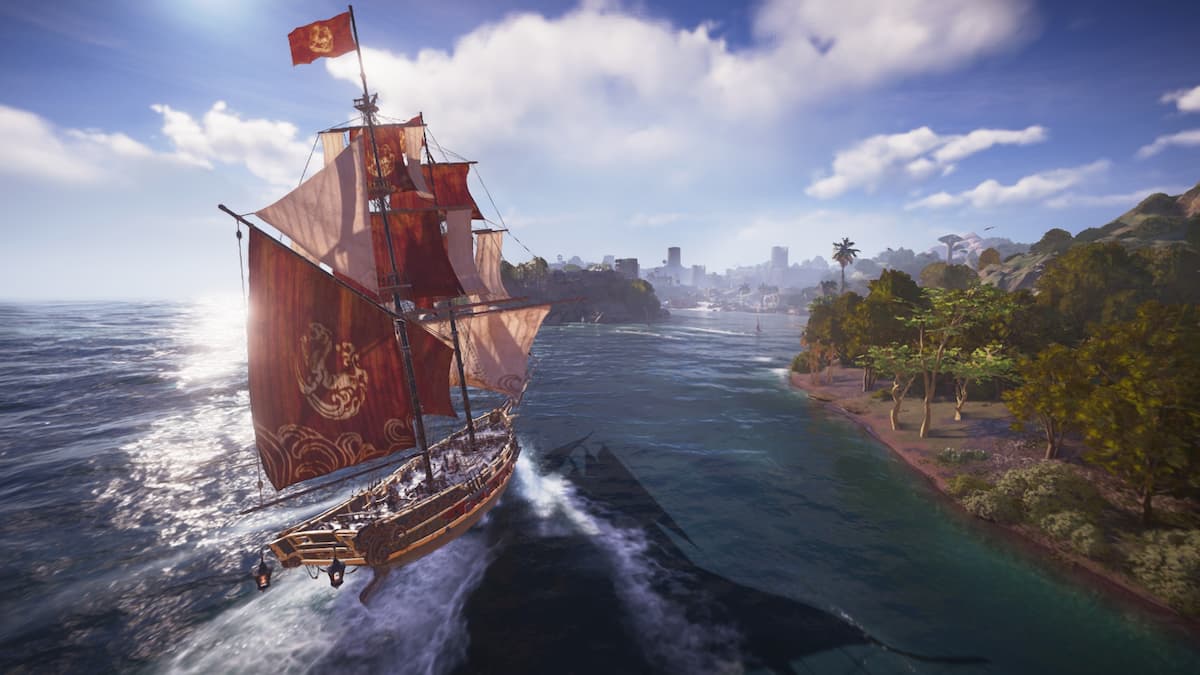
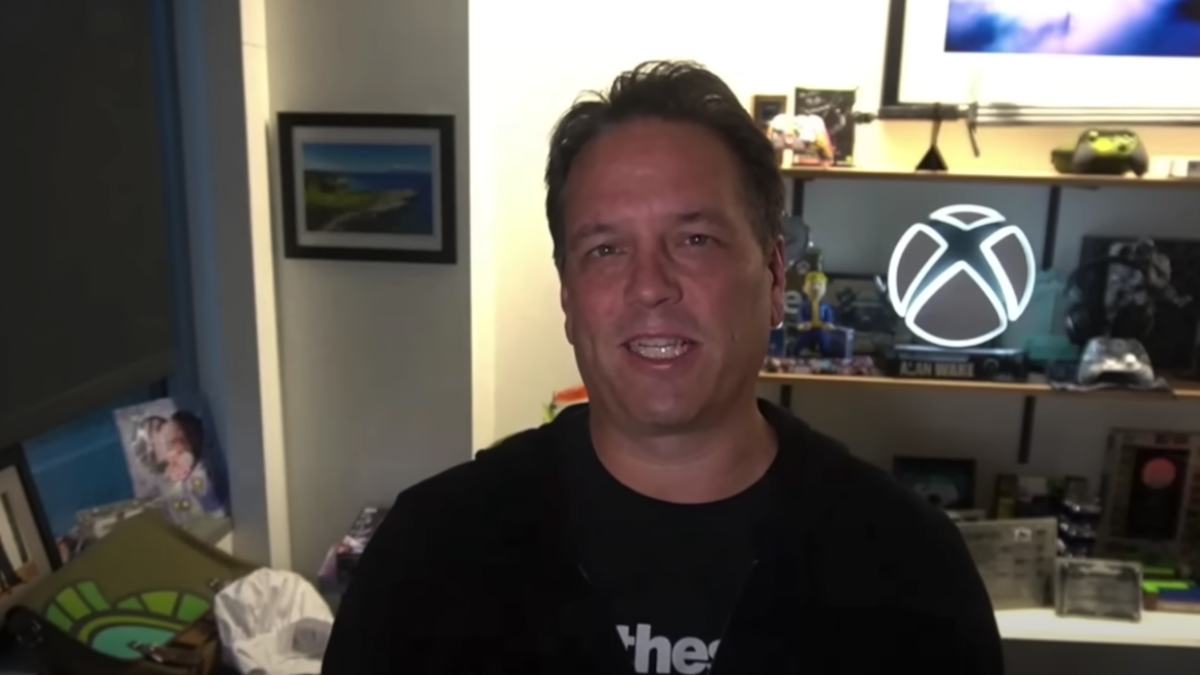
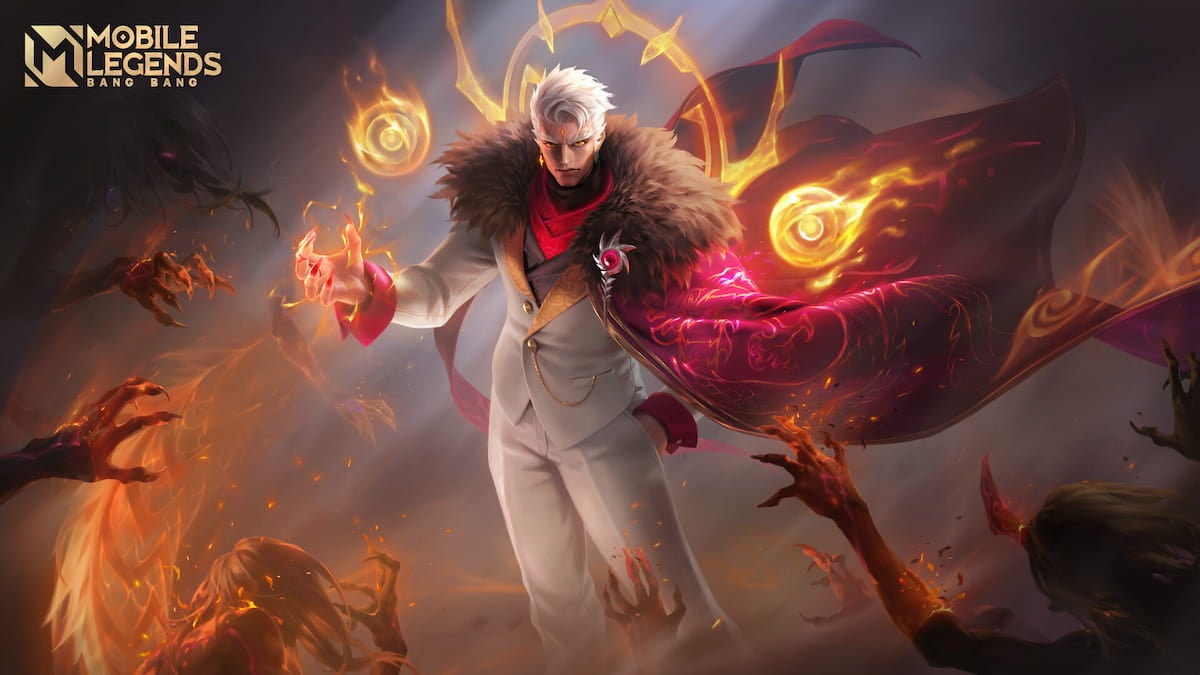
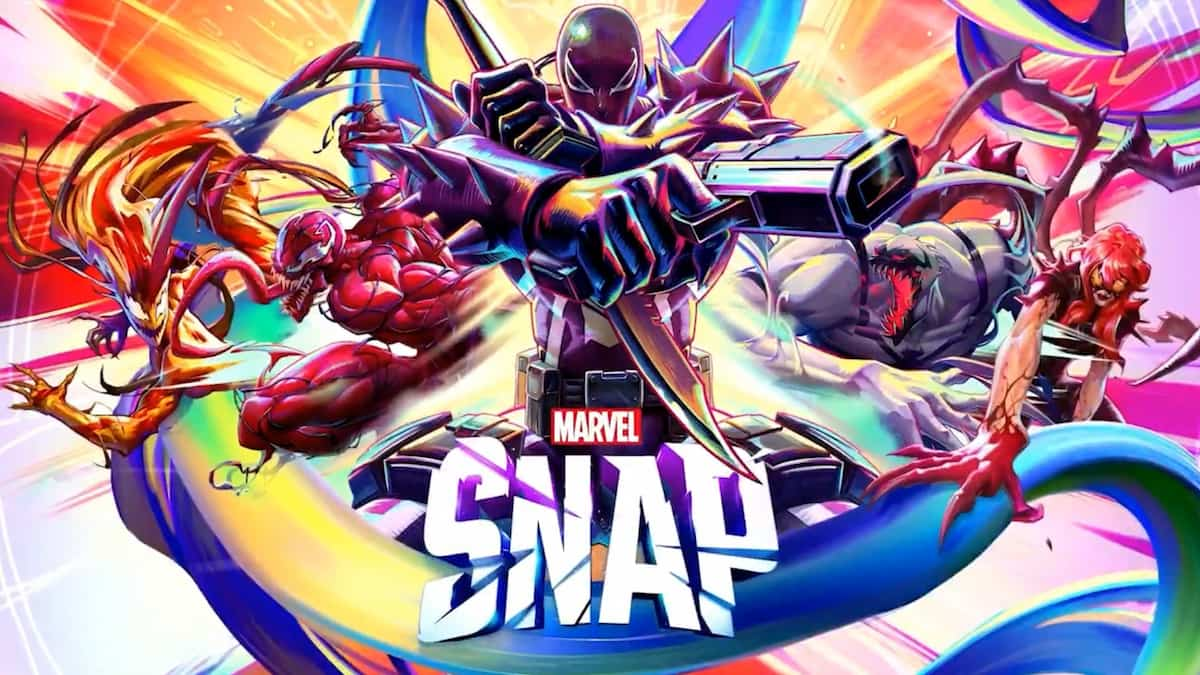
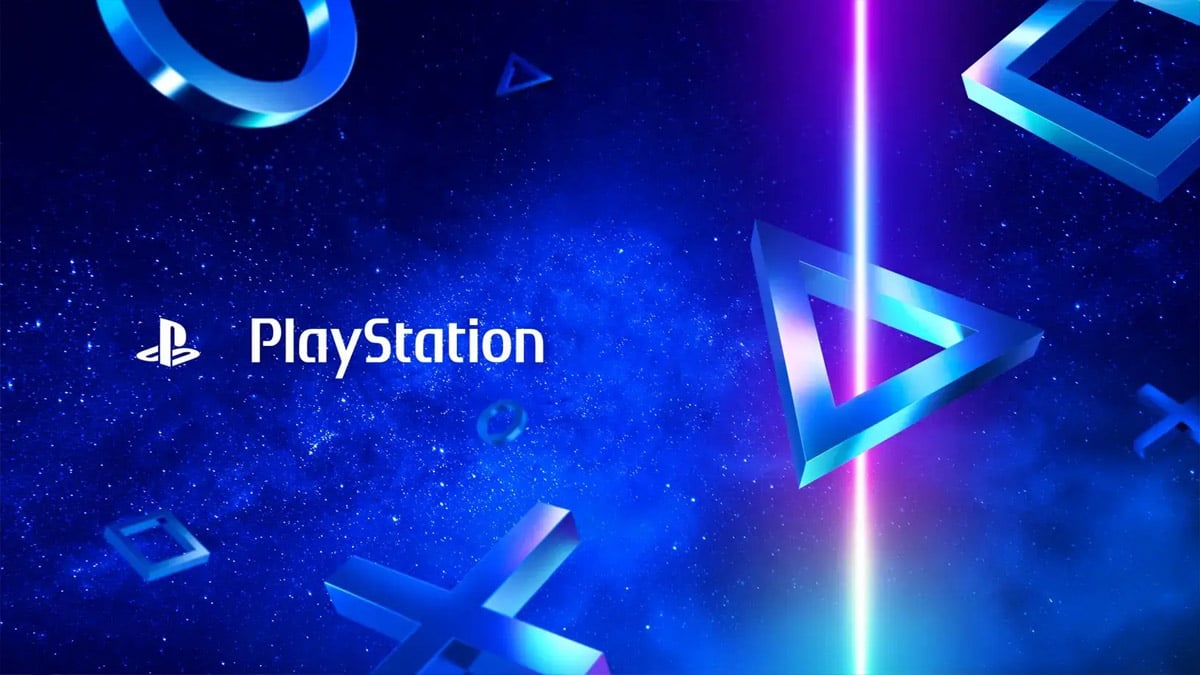
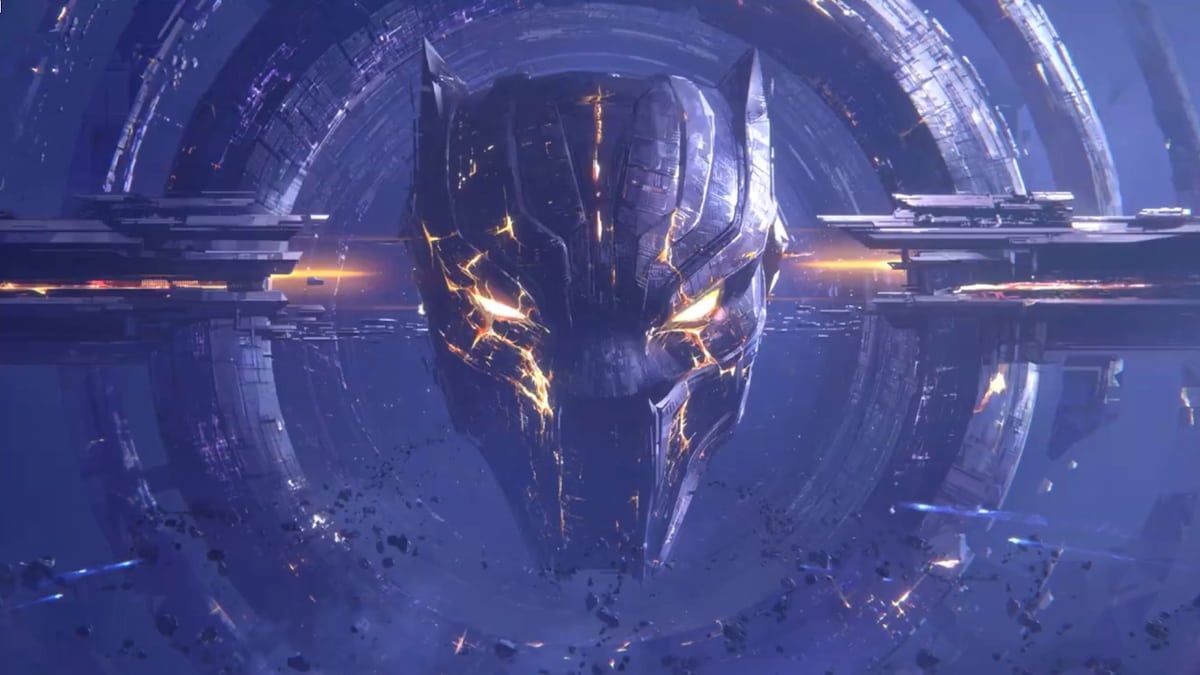

Published: Mar 30, 2023 03:37 am